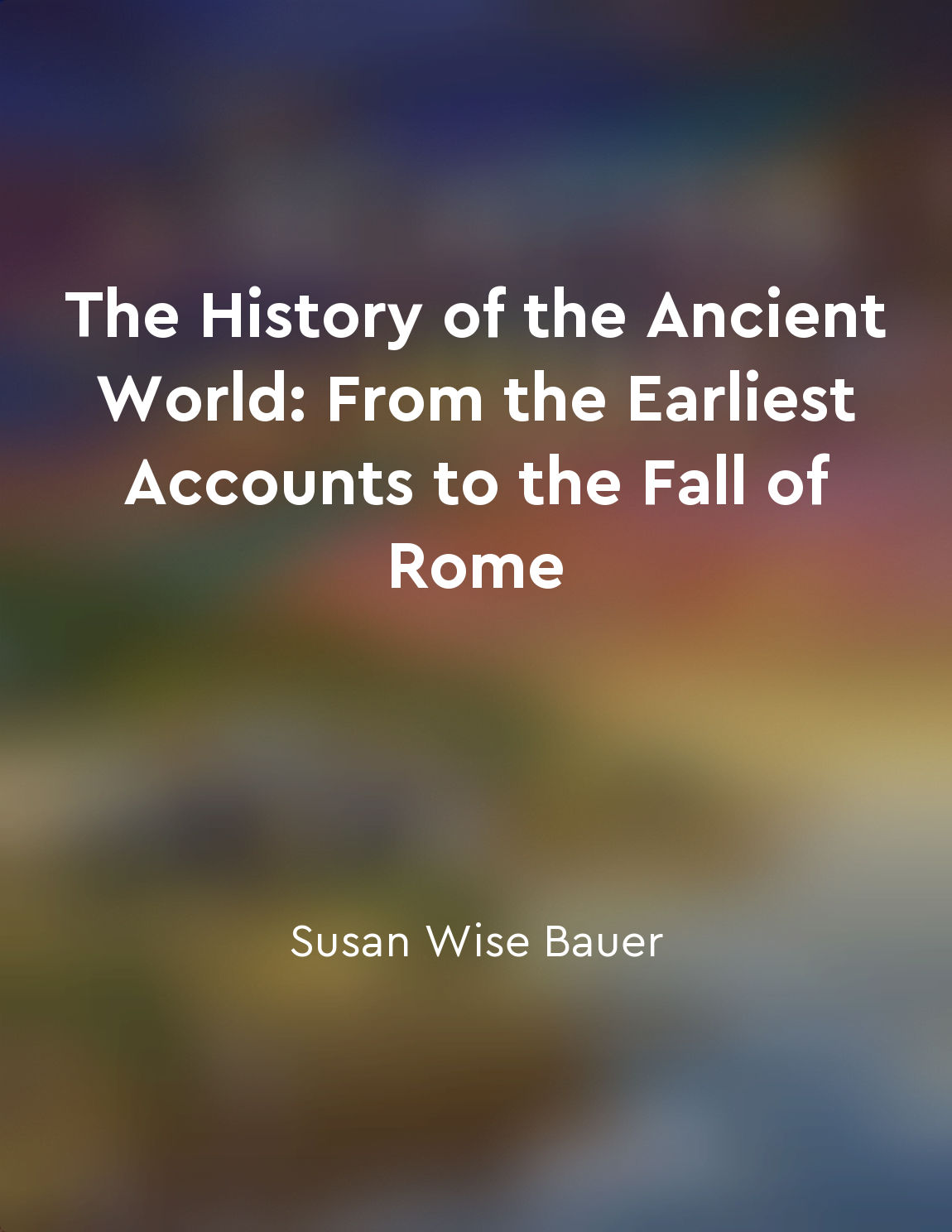Philosophical concepts evolve from "summary" of How the World Thinks by Julian Baggini
The history of philosophy is not a static and unchanging field. Philosophical concepts do not remain fixed in time, but instead evolve and adapt to the changing contexts in which they are situated. As societies change, so too do the philosophical questions that they grapple with. New ideas and perspectives emerge, challenging old ways of thinking and opening up new avenues for exploration. Philosophical concepts are shaped by a variety of factors, including cultural, social, political, and technological influences. These factors shape the way in which philosophers approach questions and problems, leading to the development of new theories and frameworks. In this way, philosophical concepts are not set in stone, but are constantly in flux, responding to the changing world around them. This adaptability is a key strength of philosophy, allowing it to remain relevant and impactful in an ever-changing world. By recognizing the evolving nature of philosophical concepts, we can better understand the rich tapestry of ideas that have shaped human thought throughout history. This awareness also allows us to appreciate the dynamic and creative nature of philosophy, as it continues to push boundaries and challenge assumptions in pursuit of truth and understanding.Similar Posts
Identity is uncertain
According to David Hume, the concept of identity is a complex and perplexing one. He argues that our understanding of identity ...
History shapes cultural perspectives
The way people see the world is not just a matter of personal preference or individual choice. It is shaped by the history of t...
Uncertainty is a natural part of the scientific process
In science, uncertainty is not a flaw or an obstacle to be overcome. Rather, it is an inherent aspect of the process itself. Sc...
Material conditions shape human consciousness
The material conditions in which individuals find themselves play a crucial role in shaping their consciousness. This means tha...

Investigate the social structure and daily life of ancient Rome
Ancient Rome was a society built on a complex social structure that dictated the roles and relationships of its citizens. At th...
Practicing empathy aids crosscultural understanding
Empathy is a powerful tool that can help us bridge the gap between different cultures and foster a deeper understanding of othe...
The spread of Christianity and Islam played a significant role in this decline
The decline of magic was not solely a result of the spread of Christianity and Islam, but these religions did play a significan...
Exploration has revealed the interconnectedness of the world
Throughout history, explorers have embarked on journeys to discover new lands, people, and cultures. These voyages have not onl...
